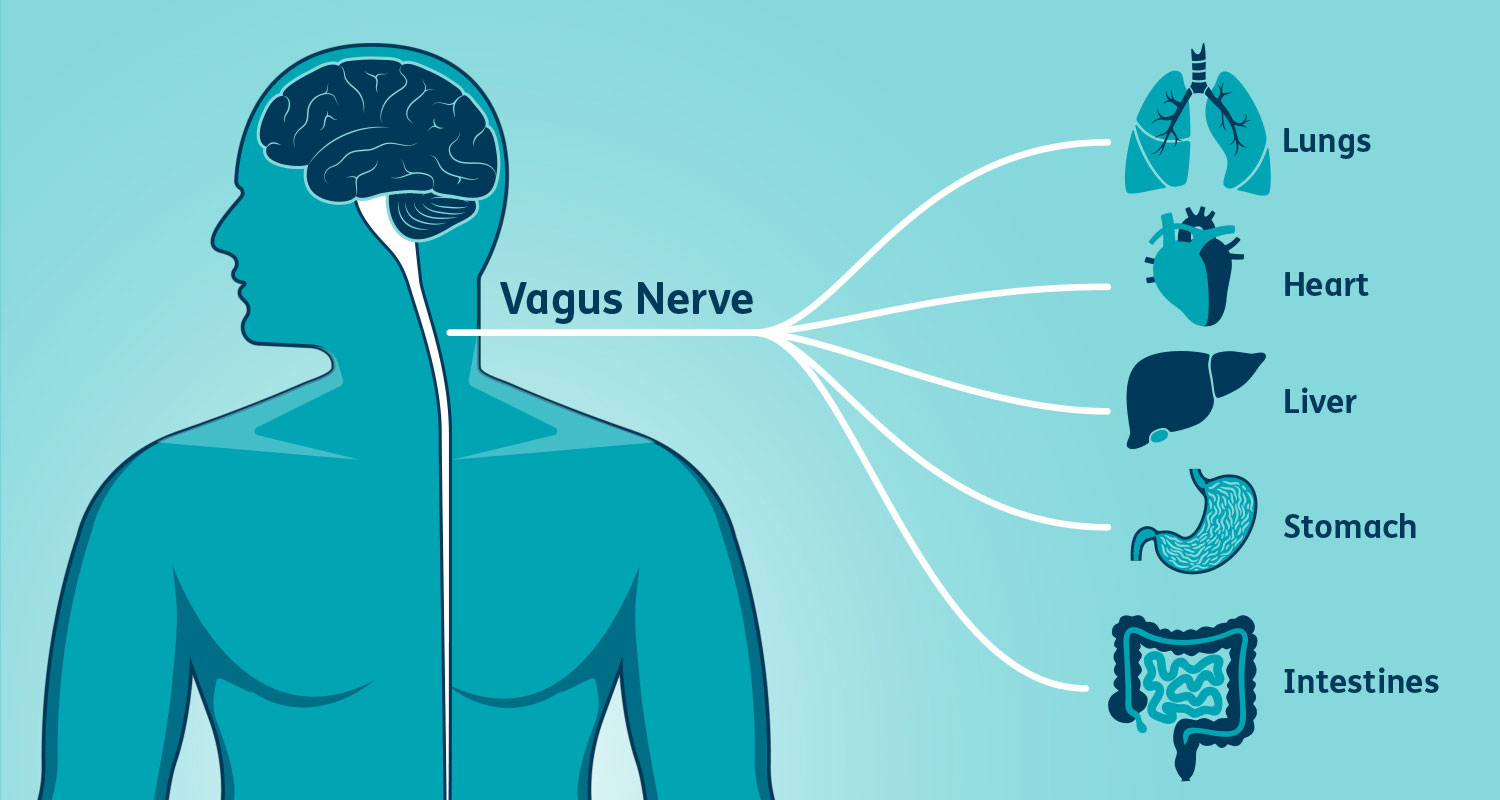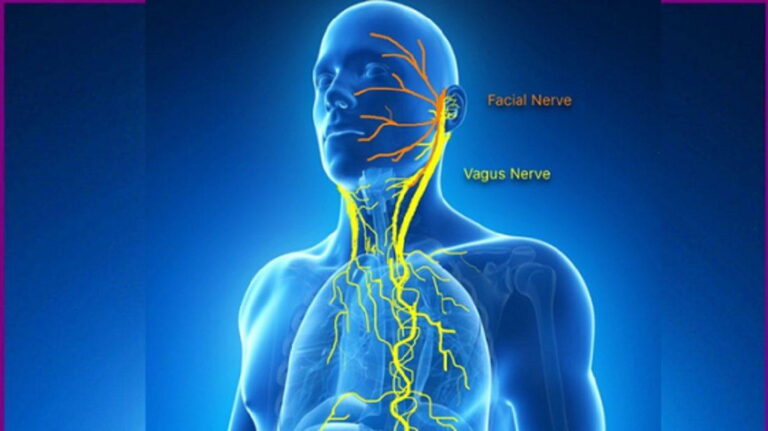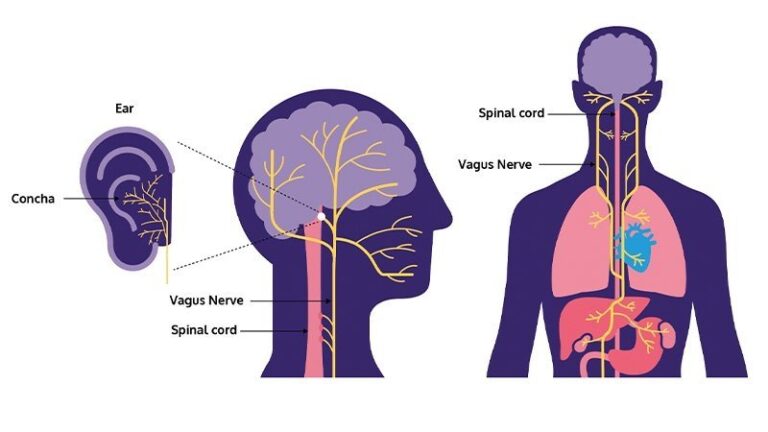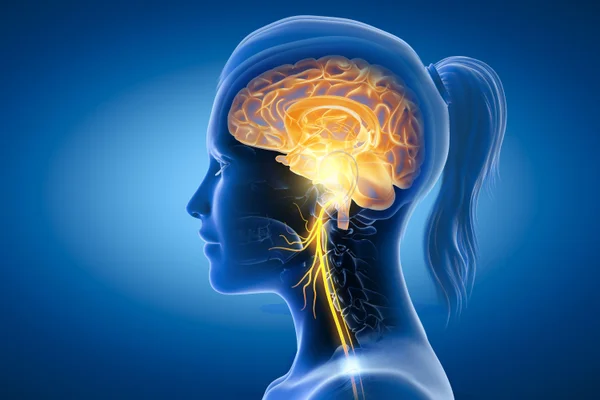How does the vagus nerve influence digestion?
The vagus nerve, also known as the tenth cranial nerve or CN X, plays a crucial role in regulating various functions of the body, including digestion. This nerve is the longest of the cranial nerves, extending from the brainstem to the abdomen, and it is involved in the parasympathetic nervous system, which controls the body’s rest and digest functions.
The vagus nerve influences digestion through its connection to various organs involved in the digestive process, such as the stomach, pancreas, and intestines. It helps regulate the production of stomach acid and enzymes, the contraction of the stomach muscles, and the release of bile from the gallbladder. Additionally, the vagus nerve plays a role in signaling feelings of hunger and fullness to the brain.
One of the key ways in which the vagus nerve influences digestion is through the release of acetylcholine, a neurotransmitter that stimulates the production of stomach acid and enzymes. Acetylcholine also helps relax the muscles in the stomach, allowing food to move more easily through the digestive tract.
The vagus nerve also plays a role in the release of bile from the gallbladder, which is essential for the digestion and absorption of fats. When food is consumed, the vagus nerve sends signals to the gallbladder to release bile into the small intestine, where it helps break down fats into smaller molecules that can be absorbed into the bloodstream.
In addition to its role in regulating the physical aspects of digestion, the vagus nerve also plays a role in signaling feelings of hunger and fullness to the brain. When the stomach is empty, stretch receptors in the stomach wall send signals to the brain via the vagus nerve, signaling that it is time to eat. Conversely, when the stomach is full, these receptors send signals to the brain to indicate satiety, or fullness.
The vagus nerve can also influence digestion through its connection to the enteric nervous system, which is sometimes referred to as the “second brain” due to its complexity and ability to function independently of the central nervous system. The enteric nervous system controls the movement of food through the digestive tract, the release of digestive enzymes, and the absorption of nutrients.
Disorders of the vagus nerve can lead to problems with digestion, such as gastroparesis, a condition in which the stomach muscles do not function properly, leading to delayed emptying of the stomach. Symptoms of gastroparesis can include nausea, vomiting, bloating, and a feeling of fullness after eating only a small amount of food.
In conclusion, the vagus nerve plays a crucial role in regulating digestion through its connection to various organs involved in the digestive process. It helps regulate the production of stomach acid and enzymes, the contraction of the stomach muscles, and the release of bile from the gallbladder. Additionally, the vagus nerve plays a role in signaling feelings of hunger and fullness to the brain. Disorders of the vagus nerve can lead to problems with digestion, highlighting the importance of this nerve in maintaining a healthy digestive system.





